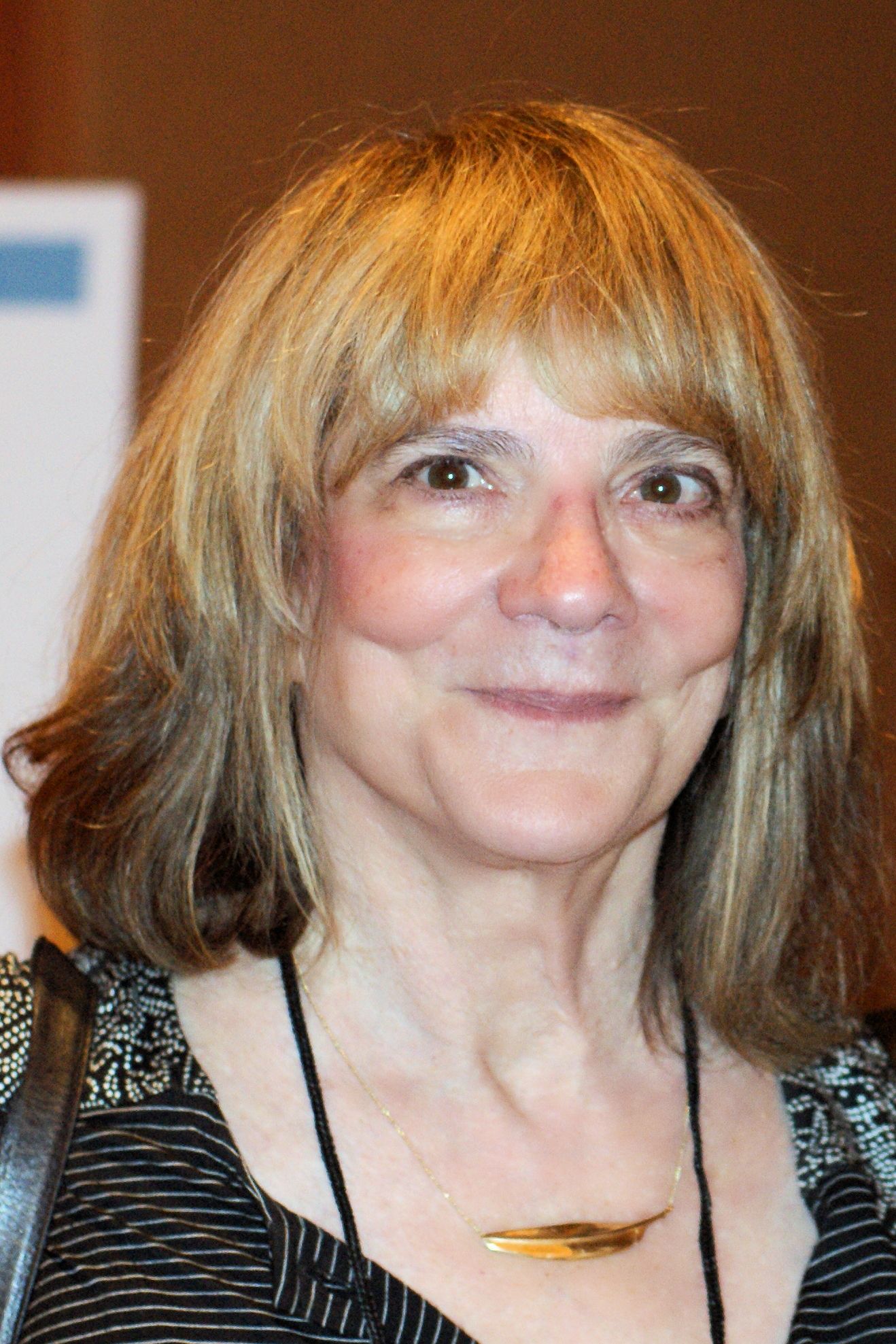It's not as simple as looking at the number of students going into law school and suggesting that they'll all need to qualify when they get out.

"Elizabeth F. Loftus" is an American cognitive psychologist and expert on human memory. She has conducted extensive research on the malleability of human memory. Loftus is best known for her ground-breaking work on the misinformation effect and eyewitness memory, and the creation and nature of false memories, including recovered memories of childhood sexual abuse. As well as her prolific work inside the laboratory, Loftus has been heavily involved in applying her research to legal settings; she has consulted or provided expert witness testimony for hundreds of cases. Loftus has been recognized throughout the world for her work, receiving numerous awards and honorary degrees. In 2002, Loftus was ranked 58th in the Review of General Psychology’s list of the 100 most influential psychological researchers of the 20th century, and was the highest ranked woman on the list.
More Elizabeth Loftus on Wikipedia.We're not seeing evidence of a lack of places. For the last couple of years we've had spare places and the market has been growing.
Undergraduate fees have increased to $8000 for each year of an undergraduate law course.
The pressure now is to get into the workplace and start earning money.
My experiments reveal how memories can be changed by things that we are told. Fact, ideas, suggestions and other forms of post-event information can modify our memories. The legal field, so reliant on memories, has been a significant application of the memory research.
Just because someone thinks they remember something in detail, with confidence and with emotion, does not mean that it actually happened, ... False memories have these characteristics too.
One answer is that suggestive interviewing or other suggestive influences helped to create false beliefs or memories.
Copyright © 2024 Electric Goat Media. All Rights Reserved.